
Consider the case of a 28-year-old male who had harbored resentment and hatred towards a person with whom he had a physical and abusive fight a year prior. This unresolved conflict had left him struggling with panic episodes and a persistent low mood.
The man's negative emotions towards his former friend had taken a significant toll on his mental and emotional well-being. His constant rumination on the incident and the associated anger and resentment had triggered frequent panic attacks, characterized by intense fear, rapid heartbeat, and difficulty breathing. Additionally, his mood had remained consistently low, affecting his energy levels, motivation, and overall quality of life.
In an effort to address his mental health challenges, the man sought therapy. His therapist recognized the significant impact of the unresolved conflict on his emotional state and recommended a path toward forgiveness and forgetting. While the process was initially daunting, the man committed to exploring forgiveness as a means of healing.
Through guided therapy sessions, the man began to understand the destructive nature of his resentment and hatred. He learned that holding on to these negative emotions was not only preventing him from moving forward but also causing him significant emotional distress. With the support of his therapist, he gradually started to let go of his anger and resentment, choosing instead to focus on healing and forgiveness.
The path to forgiveness was not without its challenges. There were moments when the man's anger and resentment resurfaced, threatening to pull him back into the cycle of negativity. However, with each step forward, he became more determined to break free from the past and embrace a healthier emotional state.
As the man progressed in his journey towards forgiveness, he noticed a significant improvement in his mental health. His panic episodes became less frequent and less intense, and his mood began to lift. He felt a renewed sense of energy and motivation, and his overall quality of life improved noticeably.
Forgiveness and forgetting are often seen as two sides of the same coin, but they are actually distinct psychological processes. Forgiveness is a conscious decision to let go of anger, resentment, and bitterness towards someone who has wronged us. Forgetting, on the other hand, is an unconscious process of suppressing or discarding memories of the transgression.
While forgiveness and forgetting can both be beneficial to our mental and emotional well-being, they are not always easy or straightforward. In fact, many people find it difficult to forgive others, even if they understand the benefits of doing so. This is because forgiveness often requires us to confront and accept painful emotions, which can be a daunting task.
*The Benefits of Forgiveness*
There is a growing body of research that suggests that forgiveness has a number of positive benefits for our mental and physical health. These benefits include:
* **Reduced stress and anxiety**
* **Improved physical health**
* **Enhanced emotional well-being**
* **Strengthened relationships**
* **Increased self-esteem**
Forgiveness can also help us to break free from the past and move on with our lives. When we hold on to anger and resentment, we are essentially reliving the transgression over and over again. This can be a very painful and destructive experience. Forgiveness allows us to let go of the past and focus on the present and future.
**The Process of Forgiveness**
Forgiveness is not a one-time event; it is a process that takes time and effort. There is no single right way to forgive, but there are some general steps that can help. These steps include:
1. **Make a decision to forgive
This is the most important step in the forgiveness process. It requires a conscious decision to let go of anger and resentment.
2. **Accept what happened.**
This does not mean that you have to condone the transgression, but it does mean that you need to accept that it happened and that you cannot change it.
3. **Empathize with the person who wronged you.**
This does not mean that you have to agree with their actions, but it does mean that you need to try to understand why they did what they did.
4. **Let go of anger and resentment.**
This is the most difficult step in the forgiveness process. It requires a conscious effort to release the negative emotions that you are holding on to.
5. **Forgive yourself.**
If you are still holding on to guilt or shame about the transgression, you will need to forgive yourself as well.
**The Role of Forgetting**
While forgiveness is a conscious decision, forgetting is an unconscious process. This means that we cannot simply decide to forget something; it happens on its own over time. However, there are some things that we can do to facilitate forgetting, such as:
* **Avoiding reminders of the transgression.** This means staying away from people, places, or things that remind you of what happened.
* **Focusing on the present and future.** This means living in the moment and not dwelling on the past.
* **Engaging in activities that promote mental health.** This includes exercise, relaxation techniques, and therapy.
It is important to note that forgetting is not always a good thing. In some cases, it can be helpful to remember the transgression in order to learn from it. However, if the memories are causing you significant distress, then forgetting can be a healthy coping mechanism.
**Conclusion**
Forgiveness and forgetting are complex psychological processes that can have a profound impact on our lives. While forgiveness is a conscious decision, forgetting is an unconscious process that happens on its own over time. Both forgiveness and forgetting can be beneficial to our mental and emotional well-being. If you are struggling to forgive someone, there are a number of things that you can do to help the process along. And if you are struggling to forget a painful memory, there are also a number of things that you can do to facilitate forgetting. With time and effort, it is possible to forgive and forget, and to move on with your life.
- *Dr. Vivek G Vasoya MD*
(Homeopathic Psychiatrist), PGDCFT.
**References**
* Frederic Luskin (2007). Forgive for Good: A Revolutionary Approach to Letting Go of Resentment and Finding Peace. HarperOne.
* Everett Worthington Jr. (2003). Forgiveness: A Prime Mover in Health. Oxford University Press.
* Robert D. Enright (2011). Forgiveness is a Choice: A Step-by-Step Process for Resolving Anger and Restoring Hope. Howard Books.
* Christopher Peterson and Martin E. P. Seligman (2006). Character Strengths and Virtues: A Handbook and Classification. American Psychological Association.

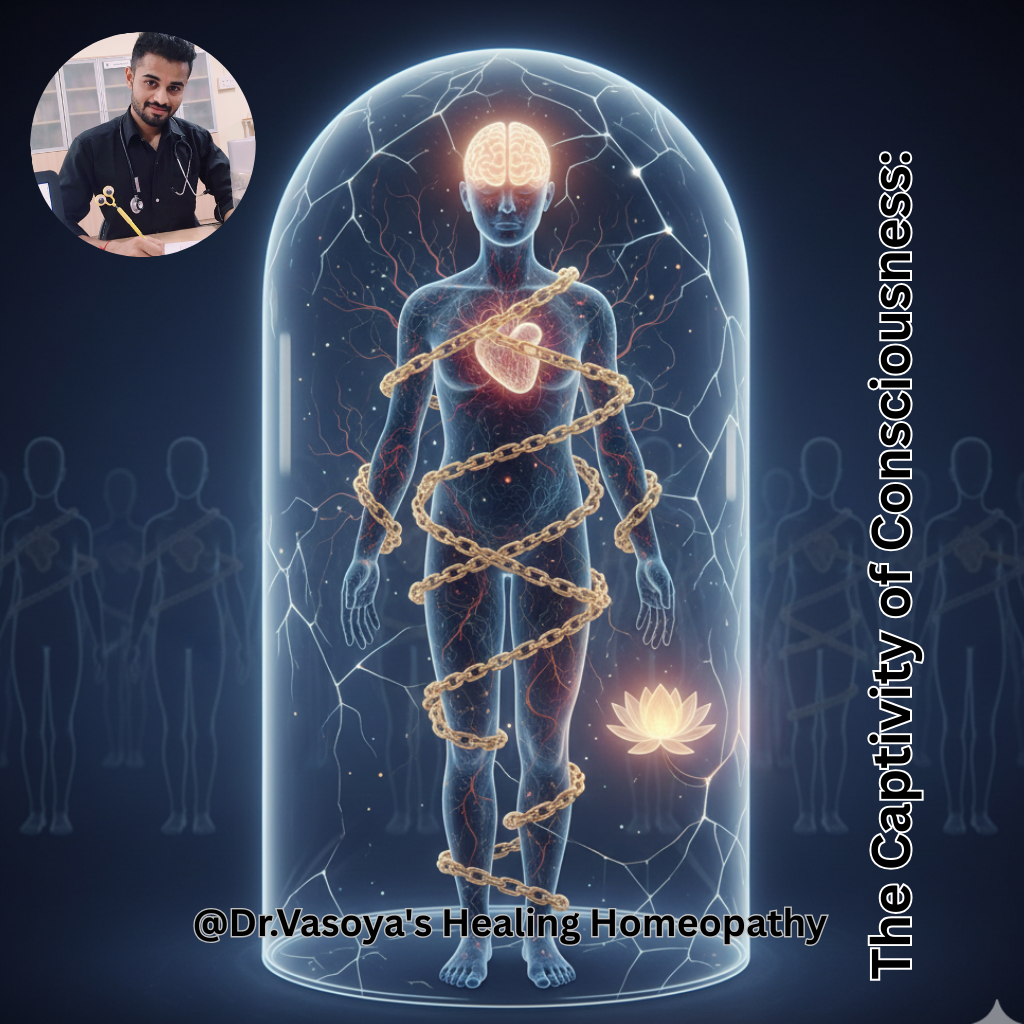




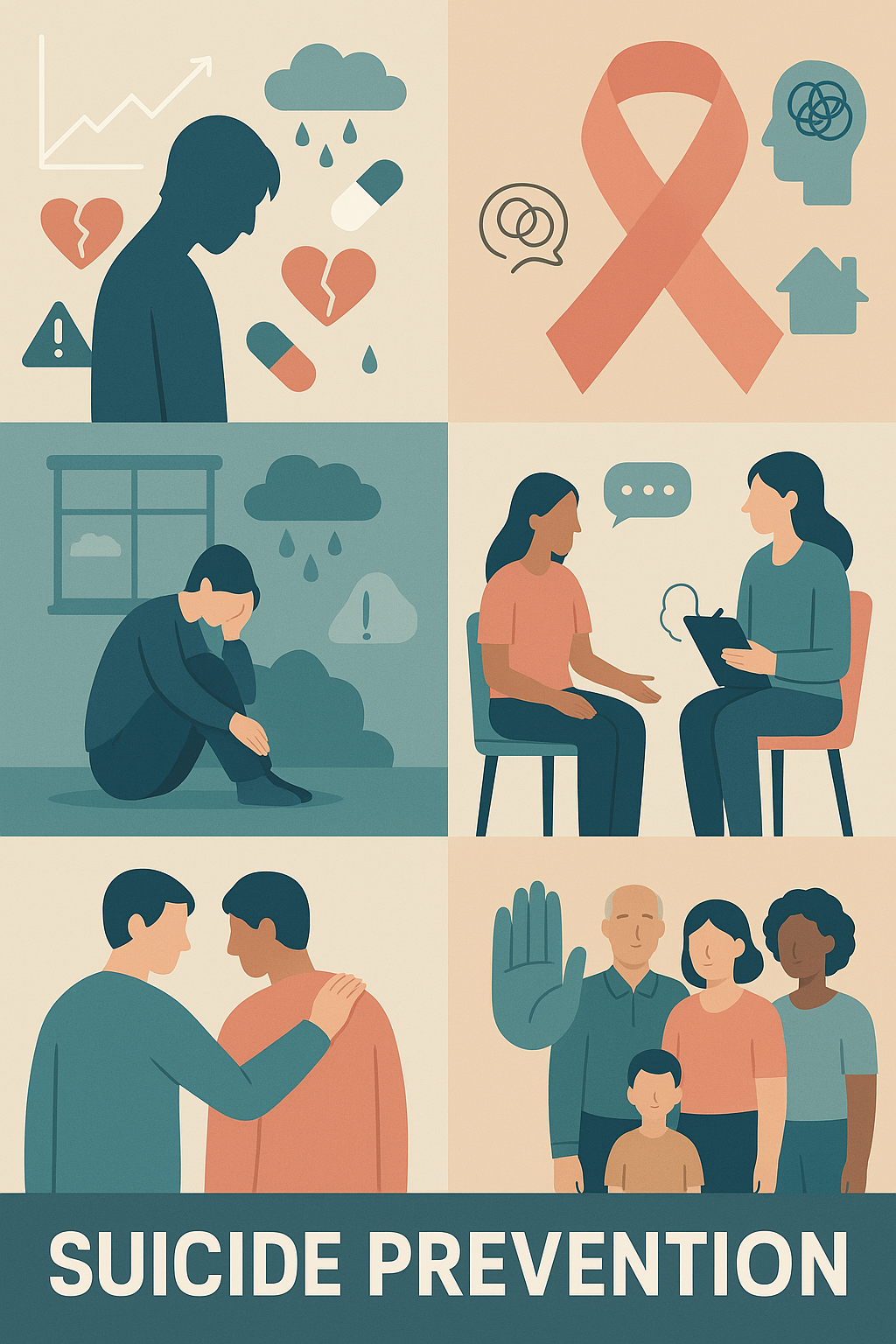
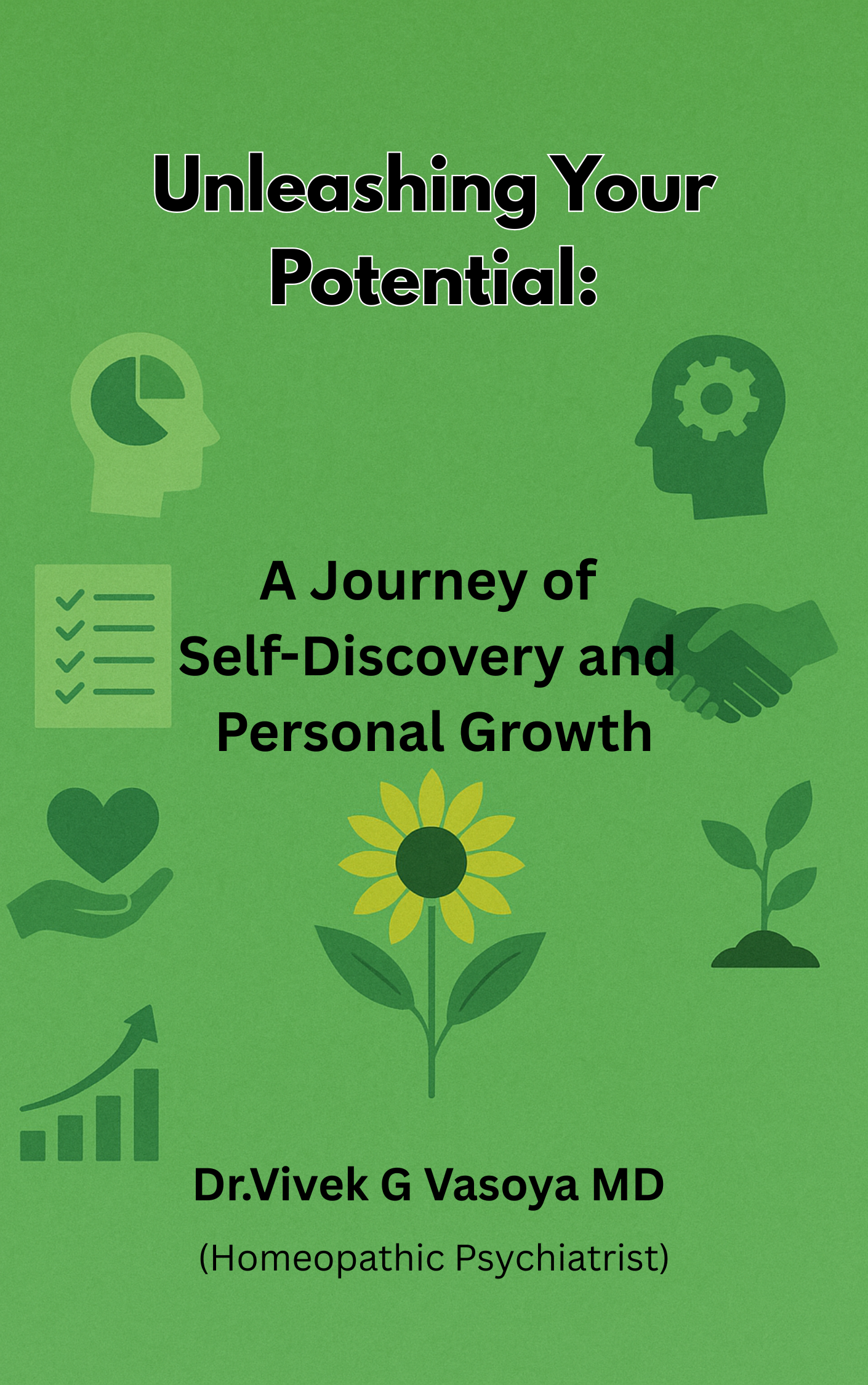
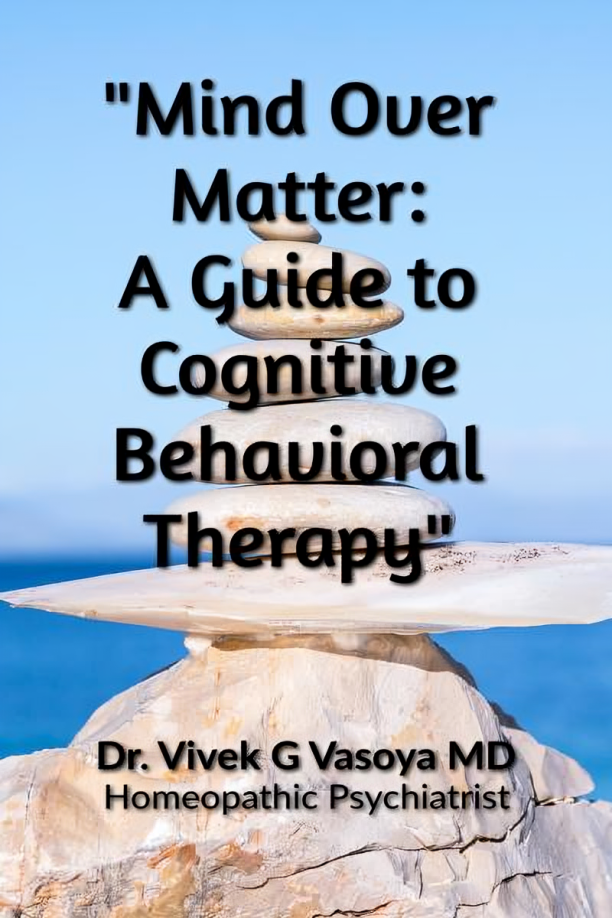
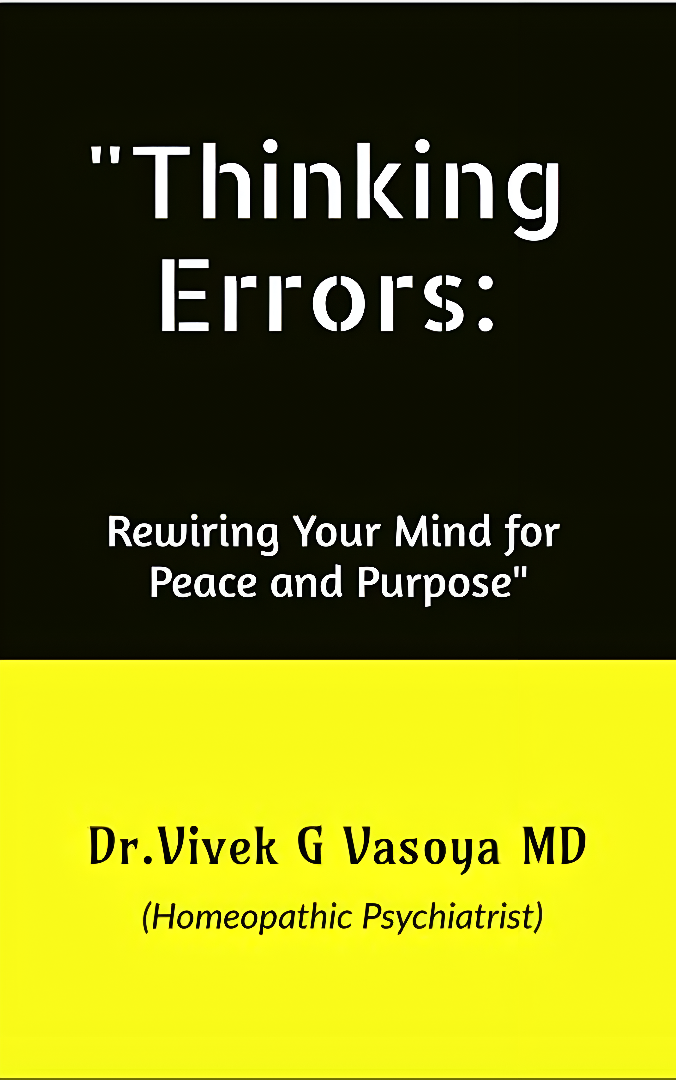

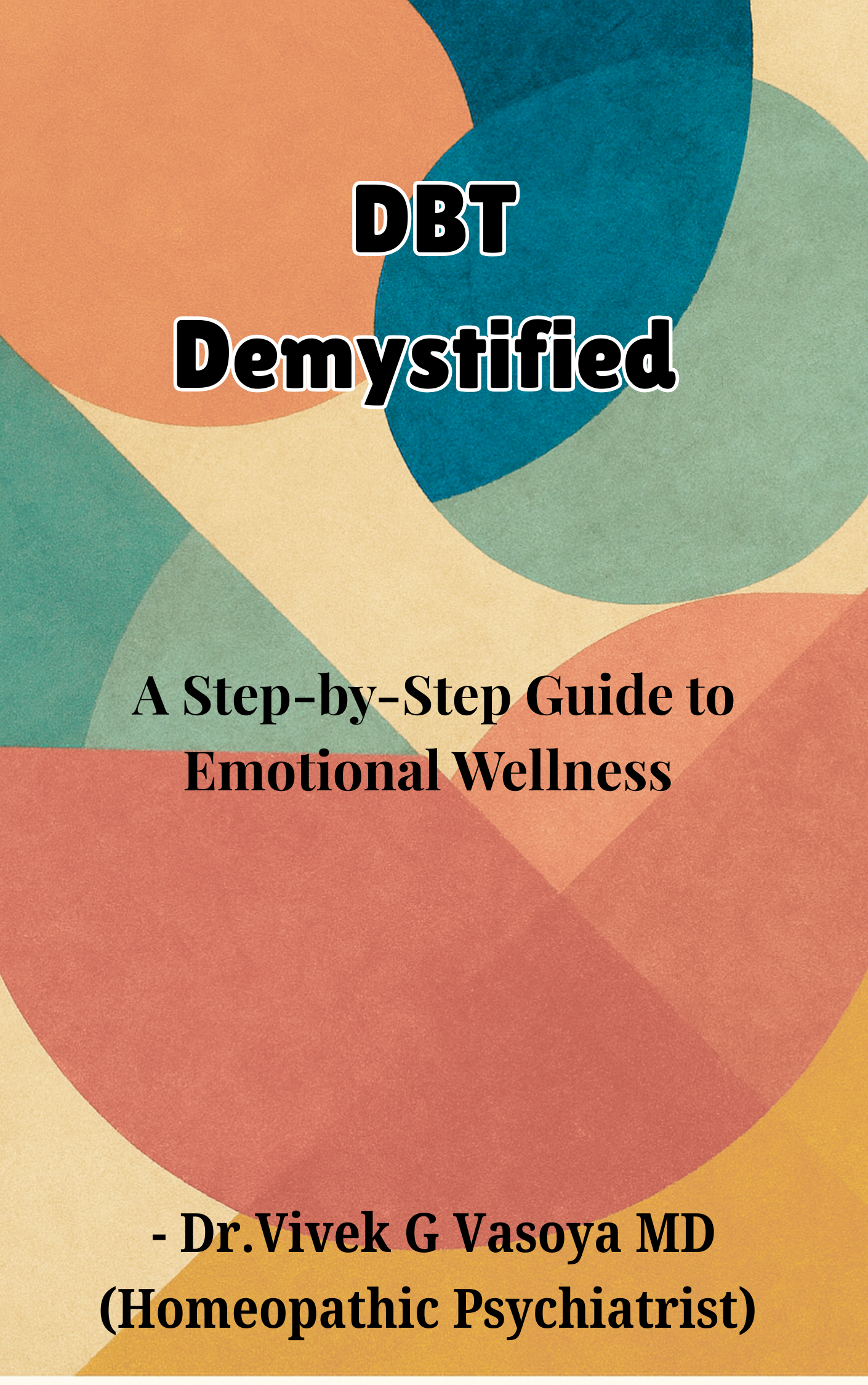
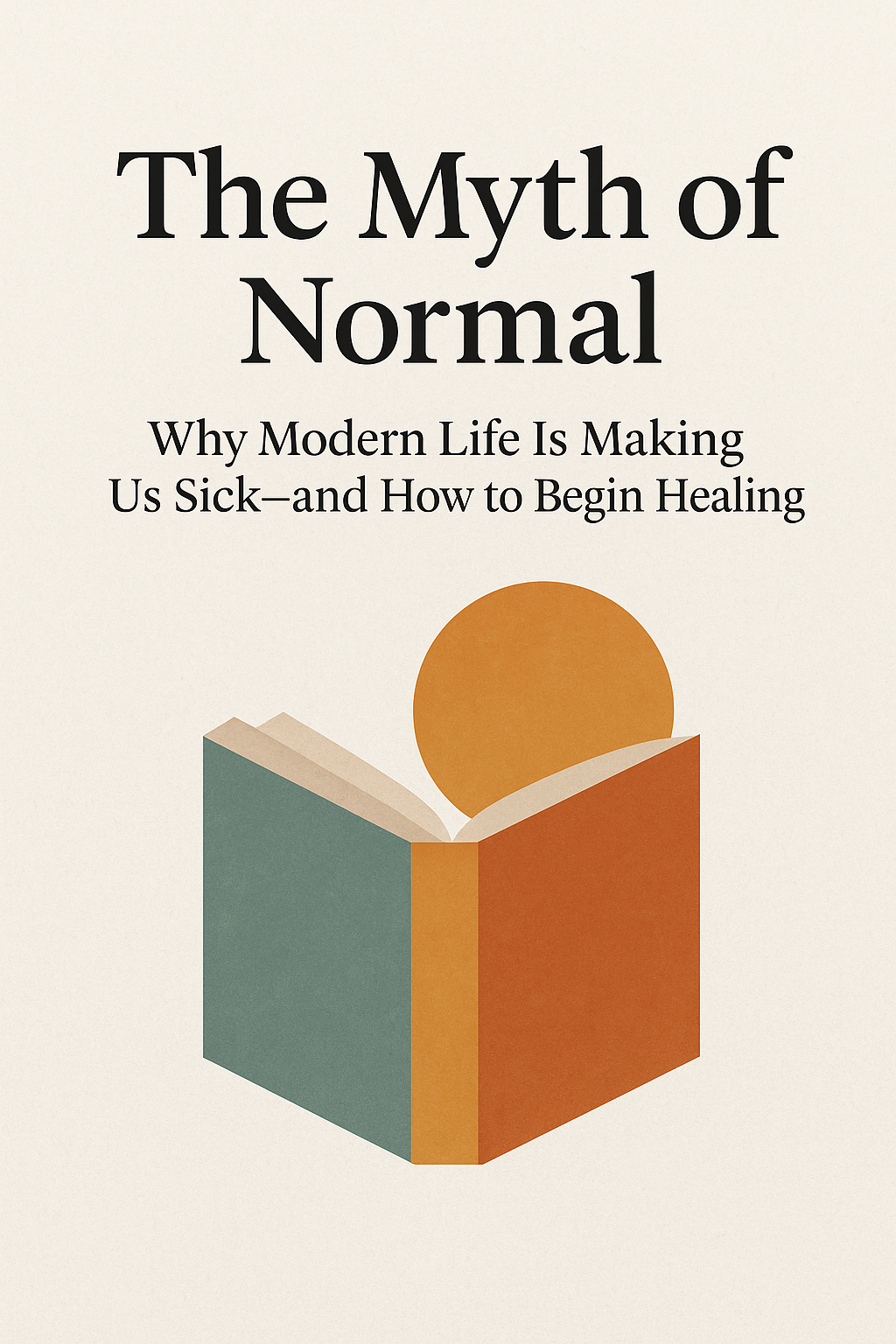
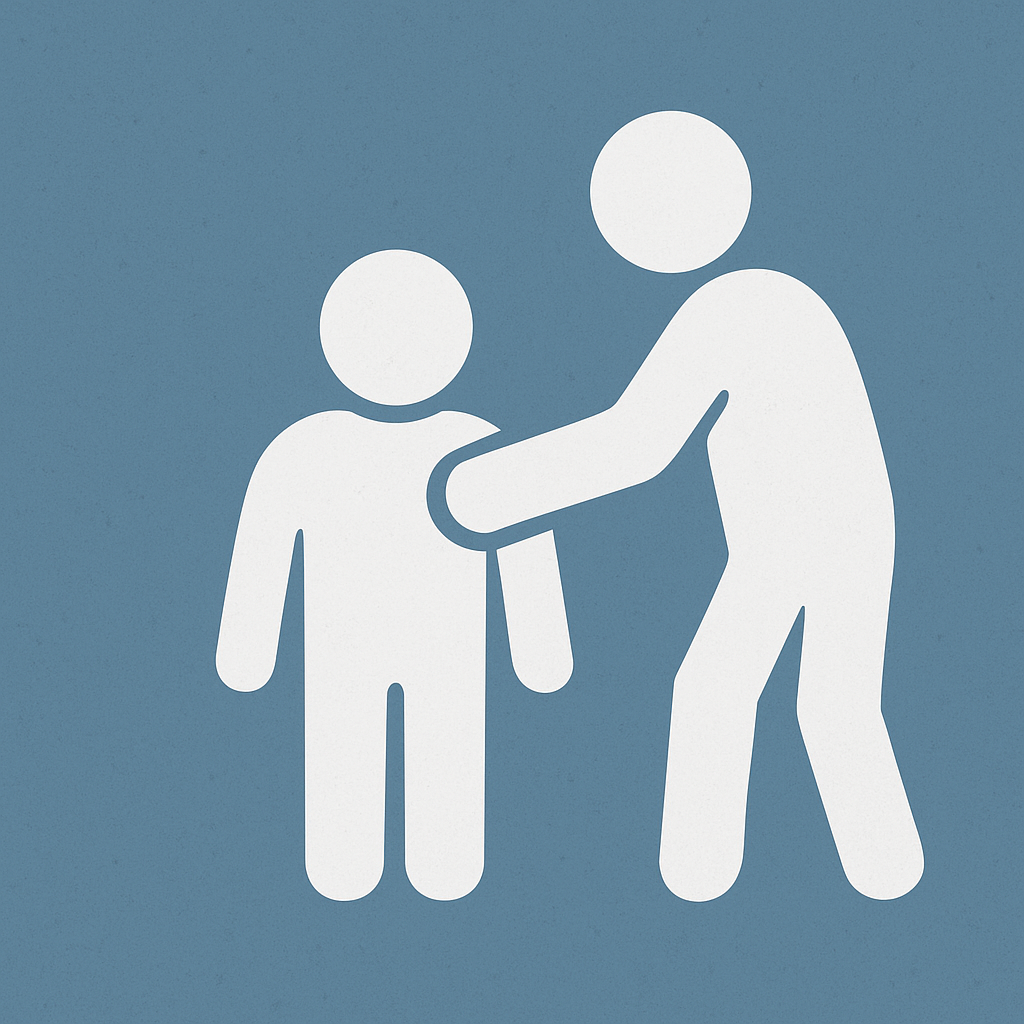


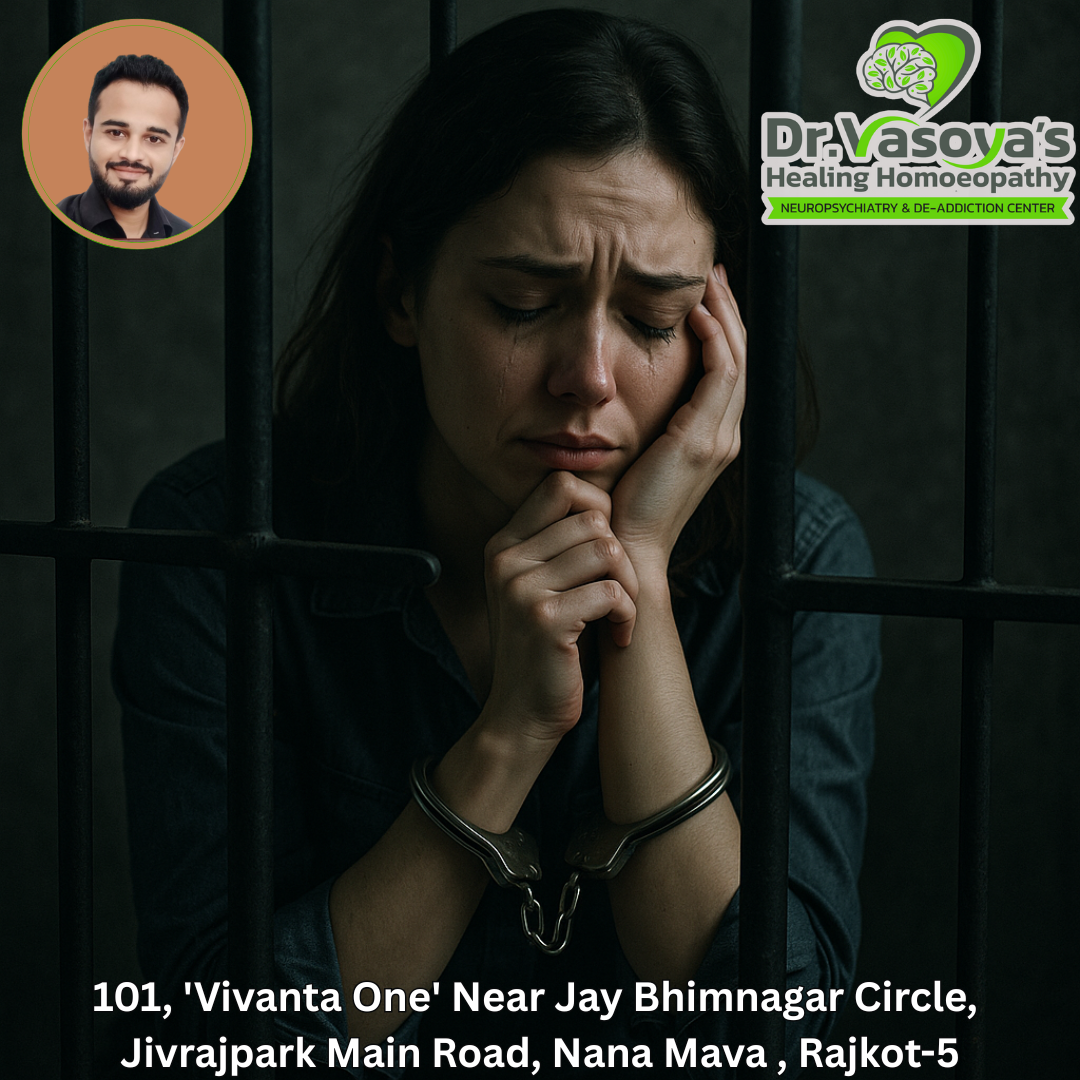




Write a comment ...